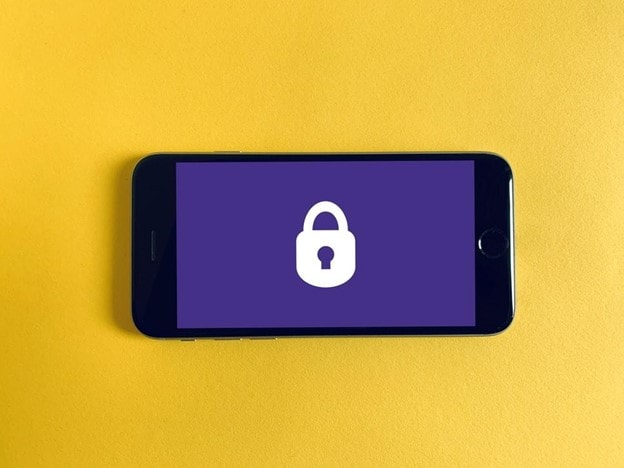How do you know that you have employed maximum protection from fraud, data stealing, and risking your business assets?
However careful you think you are, there is always a chance that something could go wrong. Don’t let yourself get too comfortable and forget that it can happen to you too.

According to studies, small businesses are at a higher risk of fraud than large companies. The reason for that is that they neglect to develop and put in place all necessary safety measures.
Here are 7 things you can do to make sure that your business is protected from fraud.
1. Protect Your Digitized Data
Protecting your digitized data should be the first step you take. Putting all of your data on computers and software is a good way to keep it all in one place, with easier access, to keep the clutter from your place of work.
However, if you don’t take the necessary precautions, it can be extremely unsafe. According to the facts presented at MicroBilt, the best way to ensure the safety of your digitized data is to activate data APIs. They will help you store the data safely, give you information about your loans and other financial interactions, and offer you many different tools for fraud detection.
2. Separate Private From Business Bank Accounts
As the popular saying goes: never mix business and pleasure. The same saying can be applied in this case. By making business transactions with your private account, or vice-versa, you are putting yourself in danger of losing all of your money. You are practically giving the fraudster all of your assets on a silver platter. Research has shown that this scenario is one of the most common ones.
Besides that, having separate bank accounts means that you will have a clear picture of all of your transactions at all times.
3. Train and Educate Your Employees
Consider your employees the first line of defense against business fraud. They are the ones that conduct business and, if taught right, can cut the fraudulent behavior at the root. That is why it is necessary to organize regular training sessions and emergency seminars. It should be done at least once every six months, along with emergency protocol updates. Make sure you have in place plans for what to do when faced with fraudulent behavior. Conduct security checks before every transaction, even the ones you think are common, because it is the only way to be 100% secure and safe.
4. Know Your Clients and Employees
Nobody is immune to fraud, and fraudsters sometimes take years to gain a business owner’s trust, and only then do they strike. This is why you shouldn’t employ people and accept clients simply based on your gut feeling. You need to employ someone who will do thorough background checks for you. And even when you’re convinced that the person you are dealing with is trustworthy, don’t ignore protocols and take shortcuts. After all, those people will have access to your business data, and that shouldn’t be taken lightly.
5. Protect Your Security Information
After you plan out all the security protocols and put up passwords and security checks, don’t give that data to just everyone. Each of your employees has an area of expertise, so only allow them access to security information that is relevant for their part of work.
For example, if you own a store, there is no reason your salesperson should have access to the same passwords and protocols as your financial director.
Well-distributed security information is crucial for the safety of your business because everybody will know how and when they need to do their part.
6. Get a Business Insurance Policy
In order to protect your assets, you should consider taking out a business insurance policy. That is the only way your assets will be partially or fully returned after a fraud. Don’t go for the first offer you get. Instead, do your research and consider all of your options. Insurance agencies will try to get the best deal for themselves, so read the fine print and be vocal about any questions and doubts you have.
7. Listen to Others and Investigate
If your employee raises concerns about fraudulent behavior, take them seriously. Even if it seems like it’s an unrealistic concern, the investigation will do no harm. Track every transaction and deal that goes through your business. Besides giving you a feeling of security, it will also help you maintain a good reputation for your business.
You need to be careful at all times. Always go by the protocol, and check every action that happens in your business. Keep your data protected and never lose sight of who has the access to it. The only way to be sure you are protected against fraud is to have complete insight into every aspect of your business at all times.









0 Comments